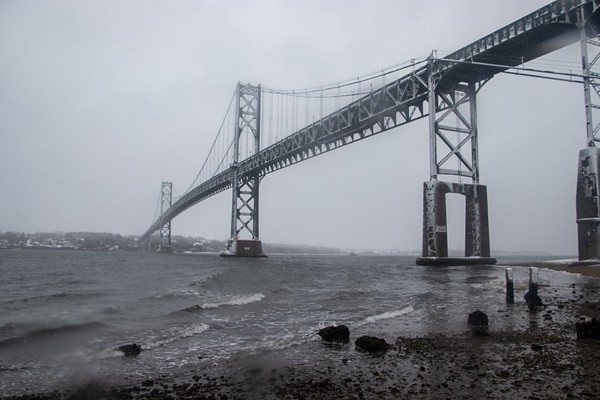What would a Chinese invasion of Taiwan mean for the United States?
As of September 2022, there are roughly 40 armed conflicts being fought across the world, ranging from very major wars with casualties in the millions, or minor conflicts that have only seen a couple hundred or so deaths. Some of these are very well known, such as the Syrian civil war, notable combatants including the Syrian government, the Free Syrian Army, and Kurdistan, or the Yemeni civil war, with Saudi Arabia supporting the Yemeni government, fighting against the Iranian sponsored Houthis. Most notably was the Russo-Ukrainian war, which began on February 24 of this year, and made Russia the butt of international condemnation, as well as causing a natural gas crisis felt around the world. However, one theater of the world feeling massive tension under the threat of an invasion is Taiwan, which is currently under heavy threat of invasion against neighboring China.
Ever since the fall of Taiwan on the Chinese mainland at the end of the Chinese Civil War in 1949, they have been seen as one of the last remnants of the cold war, making a war between the two sound like a decent possibility. China has the biggest army in the world, and Taiwan has some of the most advanced tech, so it sounds like generally an equal match. However, it seems as though China might be able to come out on top, according to websites that measure military power, such as globalfirepower.com. This is entirely contingent on whether or not America would get involved or not, but assuming this is a 1-1 deal, China is expected to win. But what would this mean for the East Asian theater, or even the United States?
I think one of the lesser-known consequences of a Chinese takeover of Taiwan is the expansion of their exclusive economic zone (EEZ). This zone stretches from the coast of a coastal nation out to 200 nautical miles into the sea. China has been very picky about what is theirs, and what is someone else’s when their EEZ is brought up. The most notable example of this greed is the South China sea dispute, specifically the debate over who should own the mostly uninhabited Spratly Islands. These islands, despite being largely uninhabited, are currently claimed by the neighboring nations of Brunei, Malaysia, Philippines, Vietnam, China and Taiwan. The argument over who owns the islands can already be intense enough, but if China were to annex Taiwan, they would be able to exert more control over their EEZ, as Taiwan has an EEZ separate from China. China is also a fan of building artificial islands, usually complete with air bases or other military installations, annexing the island would most definitely skew the balance of power in the region.
One of the scarier consequences of a Chinese victory would be the amount of tech Taiwan has within their borders currently. Of course, technology this advanced would be very helpful in defense, but if China were to get their hands on some of it, and combine it with their already huge military, they might get that much closer to matching the US in army strength, as we are near unanimously considered the strongest nation in the world. However, the downsides to this are not just limited to warfare. Taiwan is currently one of the biggest producers of microchips in the world. China getting their hands on this supply would most likely lead to a cybersecurity disaster on the US populace, along with any other Chinese enemy that gets these parts from Taiwan. The US is currently trying to mitigate this by funding domestic microchip manufacturing.
I generally think of myself as a very anti-war person, even taking into account all the pros that come with war, such as the creation of new jobs for US citizens. But the idea of a China and Taiwan war sticks out to me. Would I be willing to support a war if it means possibly eliminating the threat of a cybersecurity attack? It is overall a very confusing situation to talk about, which seems to be the norm when it all comes down to politics.





